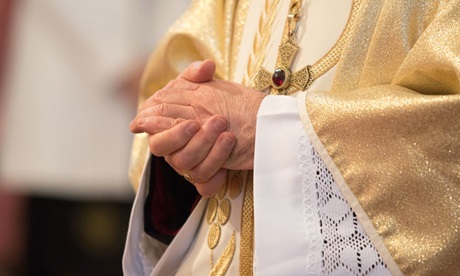To combat abuse and protect vulnerable people, France’s Catholic bishops adopted new guidelines last week for priests hearing confessions and giving spiritual counselling.
The new measures follow recommendations from the Independent Commission on Sexual Abuse in the Church (CIASE) which three years ago urged the Church to implement strict directives for confessors.
The guidelines specify where confessions can take place, when they are permissible and how absolution should be handled — even in cases involving serious offences.
New rules for Confession locations
The new guidelines outline strict conditions about where and how confessions can take place.
Confessions are prohibited in private rooms, and sessions outside traditional confession settings – such as churches and designated confessionals – are allowed only in exceptional situations, such as confessions for the sick and during pilgrimages.
All confessions must occur during daylight hours and priests must wear clerical attire. The guidelines state “This ensures a standardised and transparent environment that prioritises the safety of the penitent”.
Confessions should be avoided in emotionally charged circumstances, with an emphasis on maintaining a stable and respectful setting for both the priest and penitent.
Handling abuse disclosures in Confession
If a victim discloses abuse when confessing, priests are bound by the absolute seal of the confessional – as indeed they have always been.
However, the guidelines advise priests to encourage victims to report their experiences. Priests are urged to use their “pastoral sensitivity to determine if the penitent has already confided in another trusted person”.
If not, confessors must “strongly encourage” victims to do so.
Priests are also advised to keep contact information for victim support services readily available, ensuring immediate access to assistance for the penitent.
Absolution and accountability
The guidelines confirm that absolution remains dependent on the penitent’s contrition and expressed confession. While absolution is not conditional, penitents are not absolved of their responsibility to answer for their actions.
“Absolution does not exonerate the penitent from the consequences of his or her actions” the guidelines say. Priests may suggest that penitents who have committed serious offences take steps toward reparation, including self-reporting to civil or ecclesiastical authorities.
Mandatory training for priests
To uphold these standards, the bishops’ Conference has mandated ongoing training for all priests about the theological, psychological and legal aspects of confession. They are also assessing each priest’s suitability to serve as a confessor.
The Church has recognised this as a critical step in preventing future abuse.
Sources
Additional reading




